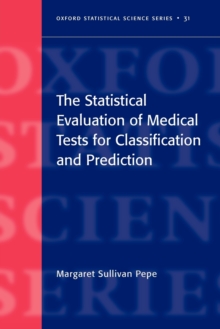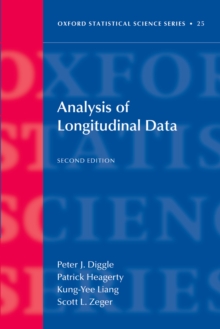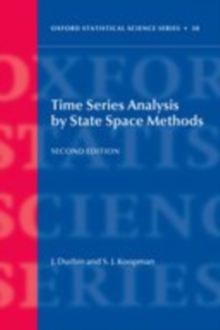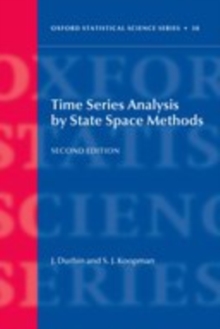
Optimum Experimental Designs, With SAS PDF
by Anthony Atkinson, Alexander Donev, Randall Tobias
Part of the Oxford Statistical Science Series series
Description
Experiments on patients, processes or plants all have random error, making statistical methods essential for their efficient design and analysis.
This book presents the theory and methods of optimum experimental design, making them available through the use of SAS programs.
Little previous statistical knowledge is assumed. The first part of the book stresses the importance of models in the analysis of data and introduces least squares fitting and simple optimumexperimental designs.
The second part presents a more detailed discussion of the general theory and of a wide variety of experiments.
The book stresses the use of SAS to provide hands-on solutions for the construction of designs in both standard and non-standard situations.
The mathematical theory of thedesigns is developed in parallel with their construction in SAS, so providing motivation for the development of the subject.
Many chapters cover self-contained topics drawn from science, engineering and pharmaceutical investigations, such as response surface designs, blocking of experiments, designs for mixture experiments and for nonlinear and generalized linear models.
Understanding is aided by the provision of "SAS tasks" after most chapters as well as by more traditional exercises and afully supported website.
The authors are leading experts in key fields and this book is ideal for statisticians and scientists in academia, research and the process and pharmaceutical industries.
Information
-
Download - Immediately Available
- Format:PDF
- Publisher:OUP Oxford
- Publication Date:24/05/2007
- Category:
- ISBN:9780191537943
Information
-
Download - Immediately Available
- Format:PDF
- Publisher:OUP Oxford
- Publication Date:24/05/2007
- Category:
- ISBN:9780191537943










